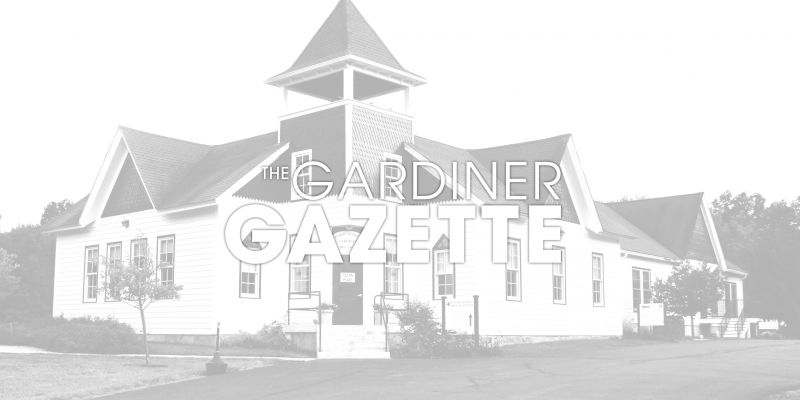
If history is any judge, next month fewer than one third of the residents of Gardiner will decide how the rest of us live for the next two years. On November 5th, we have the opportunity to choose our Town Supervisor, two Town Board members, Town Clerk, Town Justice, Highway Superintendant and our representative to the Ulster County Legislature—choices that will determine quality of life issues, what local taxes we pay (and why), the infrastructure we use on a daily basis, the recreation we enjoy, our access to local cultural life and how we are represented on the County level.
This is an “off” year though, one without a presidential election. That (historically) means that very few of us will actually make it to the polls. The few who do will, effectively, make these decisions for the rest of us. At its highest, voter participation in the U.S. has never exceeded 65%—substantially lower than in other established demo-cracies—but in 2012 only about 57.5% of Americans cast votes. Experts give many reasons for a declining participation in civic life in our country, a decline that, despite the potentially high stakes in any number of political contests, has continued since the early 1970’s. Among the reasons are difficulty of voting, indifference, poor voter information and a deteriorating sense of community. Presidential election years do bring more Americans out though; In Gardiner, 51% of eligible voters participated in 2012, while in 2011, a non- Presidential year, only 32% went to the polls.
Low turn-out in local-only elections is an odd phenomenon since the rewards or consequences of our votes are felt most acutely on a local level. It’s where quality of life issues affect us daily, yet these are the times when most voters stay home. We have all heard of elections that have been lost or won based on a handful of votes: in January of this year, Cecelia Tkaczyk, Democratic State Senator from New York’s 46th District, won her seat by 18 votes after a recount of provisional and absentee ballots; in Gardiner, in 2009, a Town Board race was decided by 33 votes. The most extreme example came in 2006, when the proposition on the Gardiner Open Space Bond passed by one vote.
In a democracy, exercising the right to vote is the only way for the average citizen to insure that his or her voice is heard. Interestingly, the slim margins of past elections can be seen as both the good news and the bad news; in a small town like Gardiner just a few more people heading out to the polls can change an outcome.
Maybe this will be the year we rewrite history and head out in droves to influence our future.
